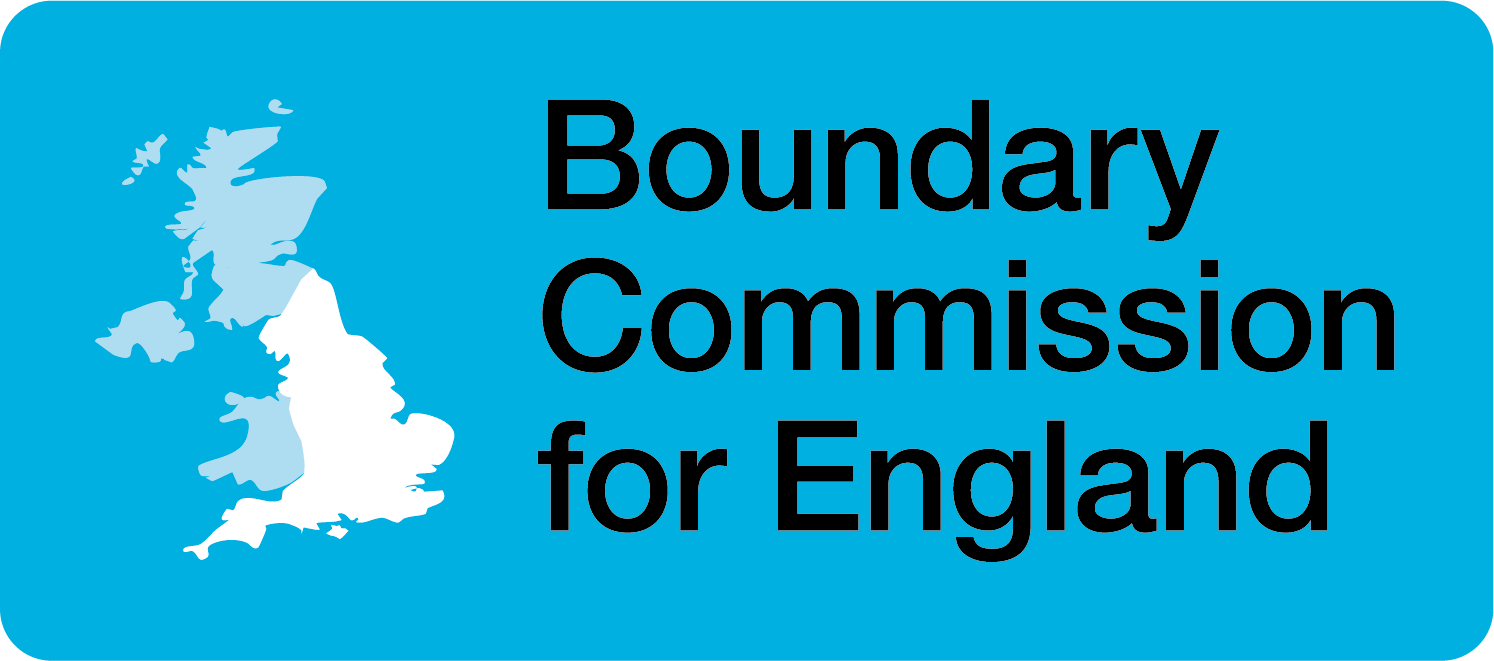Objectives and outcomes for 2020/21
Overall objective
- The Commission’s focus this year has been on completing the preparatory work for the current review, and then formally getting the 2023 Review launched and underway.
Main objectives and outcomes for 2020/21
The main objectives for the Commission during the financial year 2020/21 were:
- Continue to respond to requests for information and its specialist views on practical matters relating to the delivery of constituency reviews, as the Parliamentary Constituencies Bill is debated by Parliament.
The Commission provided evidence during the passage of the Bill, including the Acting Secretary giving evidence at the Committee stage of the Bill. - By September 2020, secure the appointment of a permanent Secretary to the Commission, to lead the Secretariat through the next Review, with the remainder of the planned headcount recruited and in post by the end of December.
The Secretary to the Commission started in post in early September 2020. Staff were recruited in line with anticipated need – see staff complement profile table below.
- By the end of November 2020, procure the specialist software required to develop and analyse prospective revised constituency boundaries and the associated electorates.
Following a procurement exercise, the contract was awarded to Informed Solutions, who had previous experience of delivering this software, including for the Commission at the previous review. The software was developed and installed to time, and has been functioning well ever since. - By the end of December 2020, have received and verified the key Parliamentary electorate data to be used in the next Review, allowing the four Parliamentary Boundary Commissions to jointly confirm the initial distribution of constituencies for that Review to the four parts of the UK.
The Office for National Statistics (ONS) collated and verified this information following the Royal Assent of the Parliamentary Constituencies Bill in December 2020. The UK figures were agreed with the other three Parliamentary Boundary Commissions, and the formal start of the 2023 Review was announced on 5 January 2021. As part of that announcement the Commission confirmed the number of constituencies that there would be across England (and in each of the nine English regions), and published spreadsheets showing the new electorate figures to be used during the review. - By the end of January 2021, begin development of initial proposals for revised constituencies across England, aiming to have these ready to publish for consultation in the summer.
This was completed on time, with the Secretariat formulating initial proposals after the launch of the 2023 Review on 5 January 2021. Subsequently the Commission agreed its initial proposals at dedicated meetings on 22 and 23 March 2021, with initial proposals published on 8 June 2021. - By the end of March 2021, secure the appointment of Assistant Commissioners, to assist the Commissioners during the Review, primarily with analysis of the responses to initial and secondary consultation, and the development of subsequent revised proposals. The Commission ran an open public recruitment exercise during February and March 2021. Following the recruitment process, including interviews, recommendations were sent to the Cabinet Office (whose Minister makes these public appointments) to appoint 18 candidates.
- During the course of the year, hold at least three formal meetings to assess progress with the Review and make key decisions, and also be represented at the Annual Meeting of UK Boundary Commissions. One of the planned formal meetings will also include representatives of the Parliamentary political parties in England, to consider their views on the internal policies that the Commission works to in delivering a Review, within the overall framework of the statutory process.
The Commission held six formal meetings of its own during the 2020-21 financial year. The first meeting, on 11 September 2020, agreed a number of detailed policies and procedures for how the substantive stages of the review would subsequently be delivered. The second meeting, on 7 December 2020, refined those policies having reflected on the views of qualifying political parties at a meeting on 23 November 2020. The third meeting, on 8 February 2021, agreed policies relating to the review and the Guide to the 2023 Review. Finally, a sequence of meetings was held on 22 and 23 March, at each of which the Commission discussed and formally agreed their initial proposals for new constituency boundaries in each of the nine regions in England. The Commission was also represented at the Annual Meeting of UK Boundary Commissions to discuss matters of common interest, held this year virtually on 27 November 2020.
